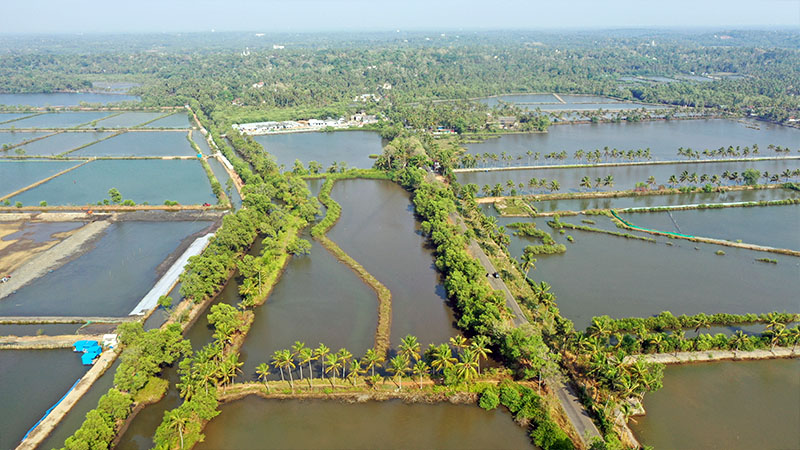Exclusive content

India is actively engaging in discussions with South Korea to expand its market access for various products, including shrimp, steel, and rice. These negotiations are part of the ongoing efforts to upgrade the existing Comprehensive Economic Partnership Agreement (CEPA), which came into effect in January 2010. The 10th round of talks is currently underway to enhance this trade agreement.
Demand for Market Access
During the negotiations, Indian officials have raised concerns regarding market access for specific products, particularly shrimp, steel, and rice. They have highlighted the issue of South Korean companies refraining from purchasing Indian steel. This predicament is exacerbated by the fact that Korean firms operating in India often place orders with their local counterparts in South Korea, creating a dual setback for Indian companies. Consequently, India is advocating for improved market access for these vital products.
South Korea maintains a duty rate quota of 500,000 tonnes for rice imports, with a substantial portion allocated to five countries: China, Australia, the United States, Thailand, and Vietnam, each receiving a quota of 480,000 tonnes. In contrast, the remaining nations are allotted a quota of only 20,000 tonnes. India finds itself in a unique category and is thus seeking either continued special status or an increase in its quota. Furthermore, South Korea imposes a significant import duty of 513% on rice.
Shrimp Import Duty
In contrast to the substantial import duty on rice, South Korea levies a more moderate 5% import duty on shrimp. While this rate is relatively lower, it remains an important consideration for India as it seeks to expand its shrimp exports to the South Korean market.